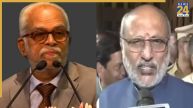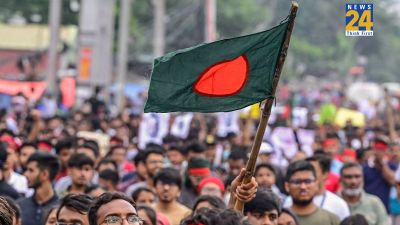Written by Paras Nath Choudhary
Has the Hippie Movement of the 1960s and 70s lost its magnetic pull and charm already? The new generation hardly looks attracted to what was once “the great escape” from the harsh realities of life for the post industrial development society.
I realized this when recently I chanced to meet a former hippie at Starbucks cafe in Connaught Place in New Delhi . This guy came from Los Angeles in the US. Answering my questions, he explained why the counter-cultural movement aka the hippie movement in the west unravelled by the close of the 1970s or early 80s.
With the Vietnam war in Southeast Asia petering out around that time losing symbolic value, marijuana and drugs available in plentiful supply and free love devolving into a deja vu experience, the hippie movement lost its momentum.
Read More: Israel-Hamas: Unraveling The Role Of Religion In Conflict And Cruelty
The counter culture movement originated on the campuses of American colleges, and later spread to other western countries including England. Derived from “hip” an expression used for the musical beats of the 1950s, the movement was aimed at spreading non violence and love. The popular slogan was “Make Love Not War.” Also called “Flower Children” the hippies were committed to promoting openness and tolerance, rejecting the regimentation of the urban middle class society in the western world.
However, the cultural rebellion was not all that useless. Fueled by a desire for freedom from prohibitions and inhibitions, it eased the culture clash arising from the tension-packed co-existence of prosperity and obsolete social norms prevailing in the west.
Besides, drawing liberally on India’s cultural possessions, the movement wittingly or unwittingly did a great deal to catapult India into prominence in the world. Things like meditation, yoga, smoking of grass and the philosophy of holy poverty had captured the imagination of young men and women across continents.
Many great western intellectuals at the time had asserted that India’s immaterial technologies and goods could help mankind live a meaningful life.
This former American hippie loves India so much that he visits the country twice a year to savor its spiritual vibrations. He told me that he was on his way to Vrindavan, to join a dialogue on Indian Philosophy, though he himself was a student of physical sciences at one America’s top universities.













